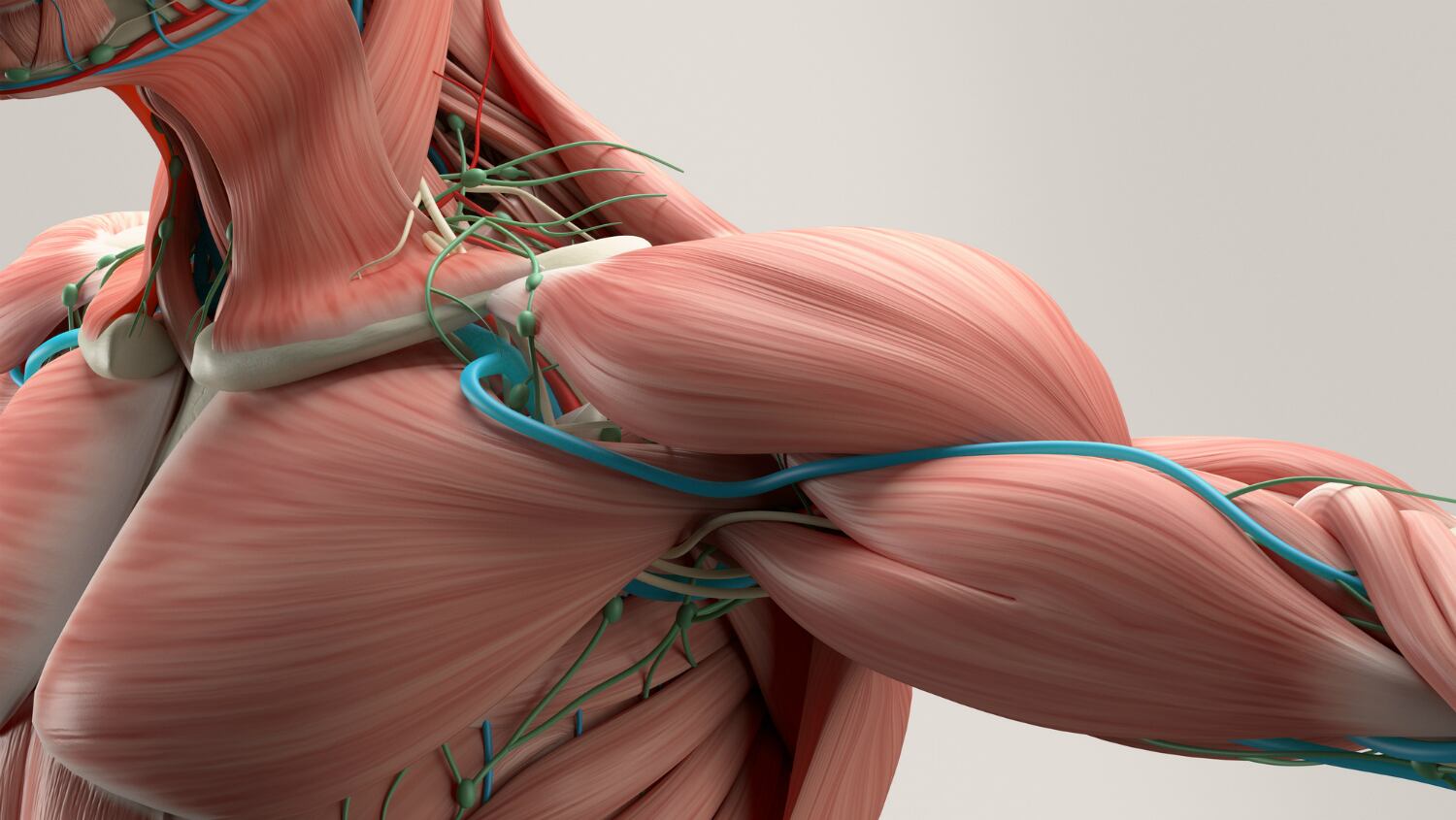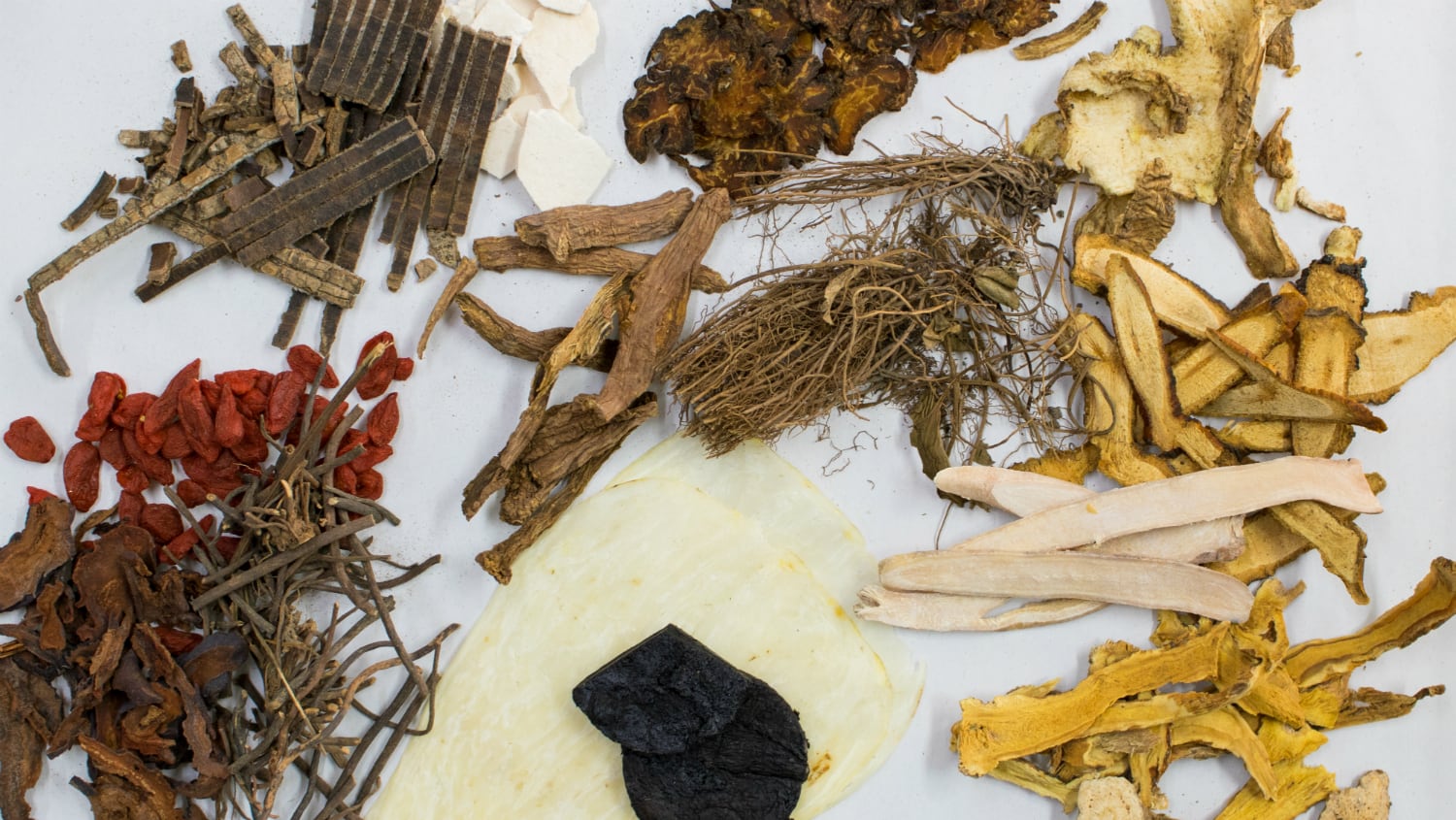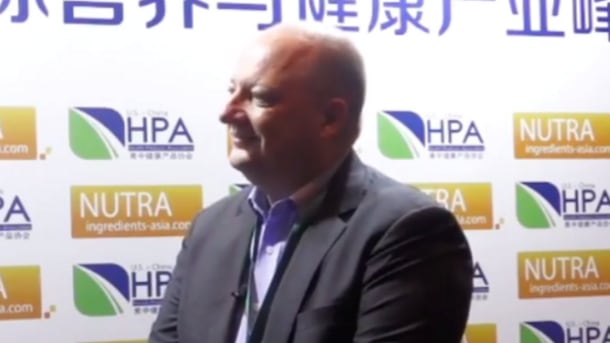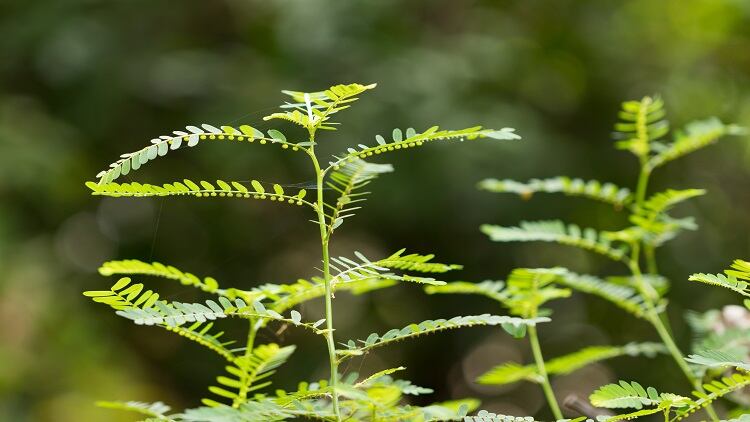The proprietary composition, GMCT, contains the extracts Garcinia mangostana (GM) fruit rind and Cinnamomum tamala (CT) leaf. The study, published in the Journal of the International Society of Sports Nutrition, was conducted to systematically evaluate the impact of GMCT on physical performance and muscle strength in a mouse model.
This was followed by a 42-day double-blind, placebo-controlled human trial in resistance-trained adult men.
Mighty mice
For the mouse study, the researchers used 24 Swiss albino mice, divided into four groups: all were placed on a standard laboratory diet, with one group given Carboxymethylcellulose sodium (CMC) and another given Oxymetholone (OXY). In the third group, each mouse received 150mg/kg of GMCT, and in the third group, each was given 300mg/kg of GMCT.
The treatment period lasted 21 days, after which the mice’s physical performance was tested in a forced swimming test and muscle strength in a forelimb grip strength experiment.
The researchers then reported that the mice that had each received 300mg/kg of GMCT showed significant improvement in swimming times (6.6 to 7.95 minutes versus 4.5 to 5.5 minutes in the CMC group) and distance (341.22m to 407m versus 260.84m to 310m in the CMC group).
Their grip strength was also superior to that of the CMC group, ranging from 43.92N to 50.89N, compared to the latter’s 35N to 41.92N.
Human resistance
For the human trial, the researchers recruited 38 resistance-trained young men whose mean age was between 26.32 and 30.71 years. Their mean body weight was between 67.79kg and 80.63kg, and mean BMI between 22.92 and 26.46.
Half the participants each received 800mg of GMCT daily, with the other half receiving an equal amount of placebo for 42 days. They also had primary variables such as their one-rep maximum (1-RM) bench press, leg press, and leg extension repetitions measured at baseline and on the 14th, 28th and 42nd days of the intervention period.
Before and after the intervention period, their anthropometric parameters and serum markers, including free testosterone, insulin-like growth factor (IGF-1), insulin and lactate, were also measured.
After 42 days, per protocol analyses found that mean changes from baseline in the treatment group differed significantly from those in the placebo group, including the 1-RM bench press (23.47kg to 33.54kg versus 3.42kg to 5.48kg), leg press (29.32kg to 44.49kg versus 5.21kg to 6.93kg), and number of leg extension repetitions (6.58 to 9.15 versus 2.05 to 3.27).
Furthermore, inter-group analyses showed that the men in the treatment group had experienced a significant increase in circumference in their arms, as well as in their lean mass, when compared to the placebo group.
However, GMCT did not significantly improve free testosterone, IGF-1, insulin or lactate levels, compared to placebo.
More information needed
The researchers said the human study lacked quantitative information regarding the participants’ food intake during the intervention period.
The participants were also instructed not to alter their regular food habits, as the aim was to assess the ergogenic impact of the herbal formulation when combined with a resistance training protocol in the subjects, without the need for dietary changes.
However, even though they claimed to have followed the instructions, the lack of information on daily caloric or protein intake limited the evaluation to whether these factors did in fact influence the effects of GMCT supplementation.
As such, the researchers recommended a dietary analysis of the participants’ calorie and protein consumption in future studies.
At the same time, some data for analysis that had been lost due to certain subjects being unable to attend the DEXA scan, or technical issues in collecting serum samples for testosterone analysis. These issues correlated with a substantial effect from GMCT supplementation, in comparison with placebo.
They wrote: “We firmly believe that the comparative analyses would have been better if we could have included the data that we lost. Future studies in a larger sample size with better measure can address these issues.”
They then concluded:
Conclusion: “The present clinical trial demonstrates that GMCT supplementation in combination with resistance training is effective in promoting muscle strength and growth, and in improving endurance performance in resistance-trained young males.
“This study also indicates that the participants tolerated well the GMCT supplementation, and have substantial benefits in improving lean body mass in conjunction with a resistance training programme.
“Future studies should be conducted to explore the underlying molecular mechanisms responsible for the anabolic activities of GMCT. Further, it would be interesting to evaluate whether GMCT supplementation can improve muscle functions and physical performances in ageing males and untrained young men as well.”
Source: Journal of the International Society of Sports Nutrition
https://doi.org/10.1186/s12970-018-0257-4
“Combined extracts of Garcinia mangostana fruit rind and Cinnamomum tamala leaf supplementation enhances muscle strength and endurance in resistance trained males”
Authors: Manikyeswara Rao Konda, et al.




